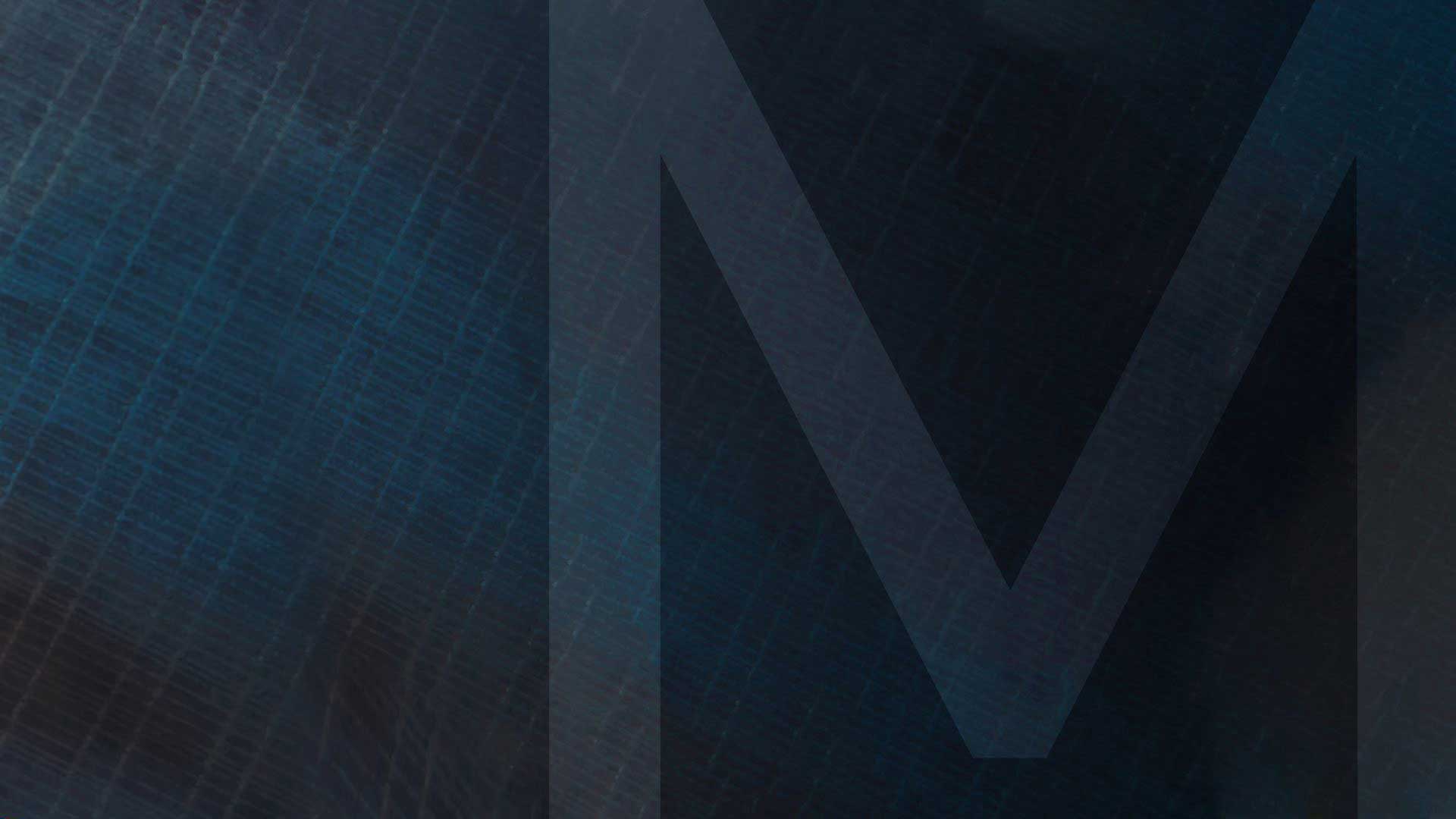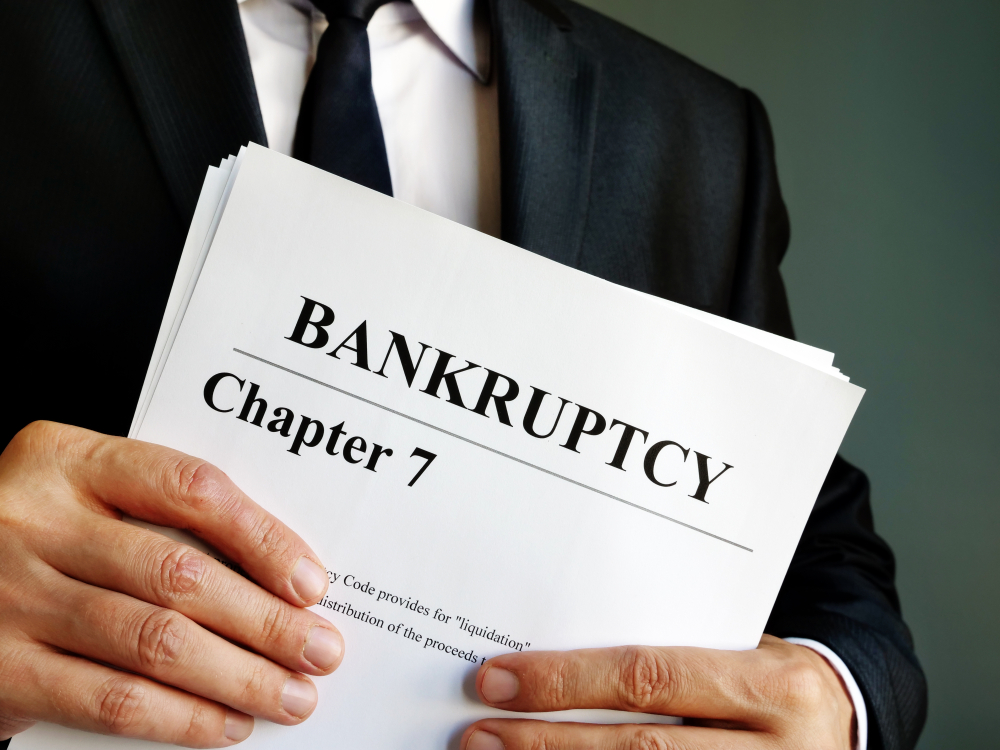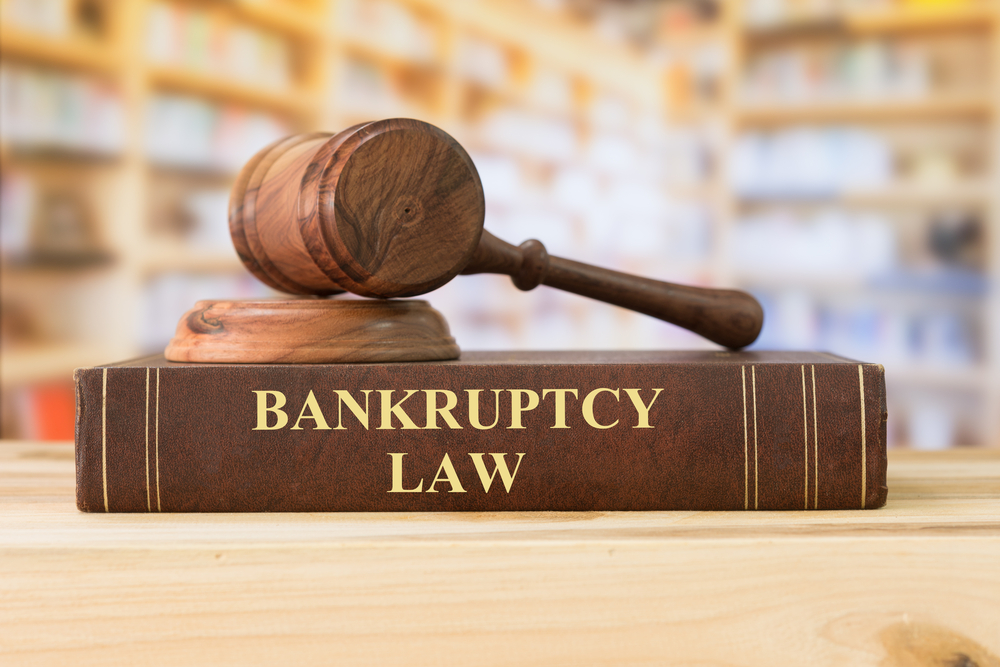Are your debts becoming too much to handle? Filing for bankruptcy will get you the relief you need, both when it comes to your finances and your stress. If you’re not sure what type to file to get the most out of it, keep reading and get a rundown on Chapter 7 and Chapter 13.
You should also consult and hire San Diego’s reputable Chapter 7 and 13 bankruptcy lawyer to ensure you’ll complete each step correctly and on time.
Should I file Chapter 7 or Chapter 13 bankruptcy?
While there are other types as well, most people choose between Chapter 7 and Chapter 13. What you will choose depends on your specific financial situation, the kinds of debts you’ve accumulated, and what your goal is.
Here’s what you need to know about these two bankruptcy types before making your decision:
Chapter 7
Chapter 7 is a liquidation form of bankruptcy. To be eligible for it, you must pass the means test which will examine your family size, expenses, and income. For example, your income needs to be less than your state’s median to be considered.
Once you file your petition, automatic stay will come into place and halt collection activities (such as wage garnishments). One of the benefits of going the Chapter 7 route is that even after your case is closed, you won’t have to repay your qualifying debt. You get a clean slate.
Some of the eligible debt includes medical bills, personal unsecured loans, overdue rent, late credit card fees, etc. Whereas if you have unpaid alimony, child support, student loans, and different court fees and penalties, Chapter 7 won’t typically get you out of them.
This type of bankruptcy is viewed as one of the fastest ways to get relief and a fresh start as it usually takes less than six months to get your debts discharged.
Chapter 13
Chapter 13 presents a reorganization form of bankruptcy as you’ll still need to partly or fully repay your creditors. There are certain parameters that you cannot exceed when it comes to your debt to be eligible. For the exact figures, it’s best to consult with an experienced bankruptcy lawyer.
When you file your bankruptcy claim, it will stop creditors from collecting and taking legal action for the time being. You’ll have to draft a repayment plan and propose it to the court.
One of the perks of choosing Chapter 13 is that you’ll be able to keep certain assets and prevent foreclosure or repossession by catching up on missed payments.
While Chapter 13 takes much longer to finalize, three to even five years depending on the repayment plan, this type of bankruptcy will stay much less on your credit report. It will go away in 7 years, whereas for Chapter 7, it’s 10 years.
Where in San Diego can you find a reliable Chapter 7 or 13 bankruptcy attorney?
Considering different bankruptcy types is the first step toward a better financial future. The next one is hiring a qualified and experienced professional such as the attorneys at Bankruptcy Law Offices of Mark L. Miller.
We will thoroughly analyze your financial situation to help you choose the best route. Whether that’s Chapter 7, 13, or a different type, we have the necessary knowledge and skills to get you through the process from start to finish and be there to answer any questions and give advice.
Don’t hesitate to give us a call to set up your initial consultation, and we’ll get you walking along Torrey Pines State Beach stress-free and debt-free in no time.






